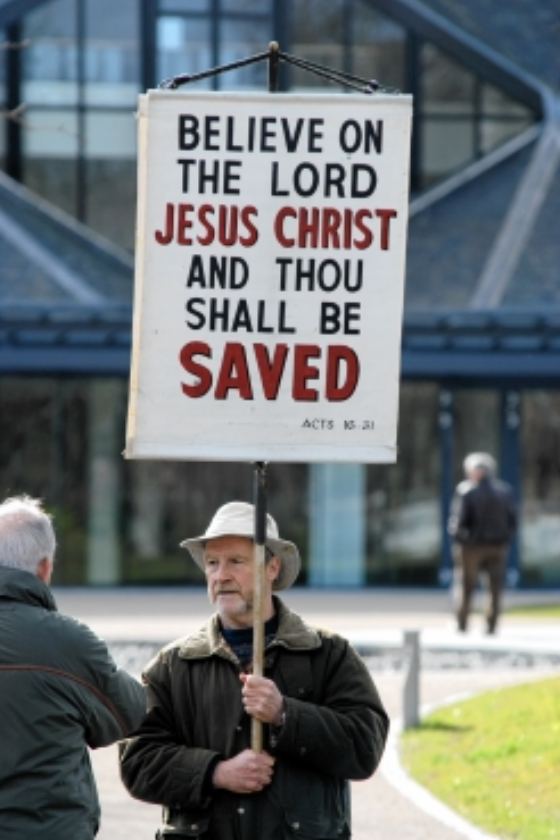
The statement “I believe in…” is sensible only when there are others who do not; it is an agonistic affirmation…. Thus a statement of belief is a convention appropriate to a specific situation, sanctioned by a history and a community. As Wittgenstein notes, “the expression of belief … is just a sentence; — and the sentence has sense only as a member of a system of language; as one expression in a calculus.
–Donald Lopez, “Belief” in Critical Terms for Religious Studies (1998: 33-34)
Should we follow Lopez, then statements of belief are no longer understood as signs of private and prior dispositions but, instead, as evidence of a public dispute over ways of acting and organizing in the world; this suggests that people don’t have beliefs in isolation from one another — meaning that we are not just taught them, as some might conclude, but far more than this: that our different practices prompt us to engage in this talk, as a way of registering our resistance to some while signaling our affinity for others. If so, then rather than studying beliefs, scholars should instead examine situated belief claims, seeing them as the residue not of internal states but of ongoing social contests.